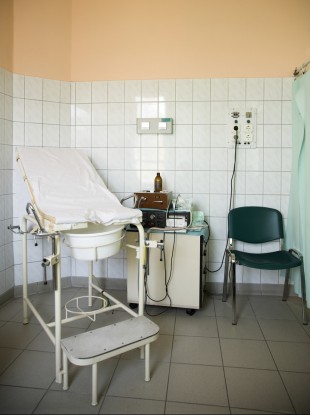Published in thejournal.ie on 24/07/2014
The human rights committee also said that those who carried out the procedures without consent should be prosecuted, where possible.
THE UNITED NATION’S committee on human rights has told Ireland it should open a “prompt, independent and thorough investigation” into cases of symphysiotomy. In its recommendations for Ireland following a review of the country’s human rights record, the committee said it was concerned at the State’s failure to initiate a comprehensive probe. The “concluding observations”, published today, said Ireland should also identify, prosecute and punish – where still possible – the perpetrators for performing symphysiotomy without patient consent. The UN noted that Ireland had released two reports on the matter and had planned an ex-gratia scheme of the survivors. However, more needs to be done for an “effective remedy”, it added. Such remedies should include “fair and adequate compensation and rehabilitation on an individualised basis”. According to the committee, victims should also be allowed to launch a legal challenge to the sums offered to them under the scheme. The amounts planned for survivors have been set at €50,000, €100,000 and €150,000. The conclusions have been welcomed by survivor group, Survivors of Symphysiotomy. “It fully vindicates our campaign for truth and justice and exposes the the State’s failure to date to provide an effective remedy for this breach of human rights,” chairperson Marie O’Connor said. “Medical experimentation heightens the need for patient consent. In its latest statement to the UN, the Government claimed that patient consent was given in all cases where the operation was planned. This is a travesty of the truth. No woman ever consented to getting her pelvis broken in childbirth as an alternative to having a Caesarean section.”
Survivors
In their 50-page submission to the committee, Survivors of Symphysiotomy had recounted their personal experiences of the childbirth operation which has been described as barbaric and cruel. A symphysiotomy was a procedure carried out on pregnant women before, during or after birth in the place of a Caesarean Section. It involved breaking the patient’s pelvis and leaving it permanently enlarged. The women, the majority of whom were in their early 20s and having their first child, have suffered chronic pain, incontinence, walking difficulties, sexual problems and other issues for their entire lives as a result. Many of the women have rejected the government’s ex-gratia scheme proposal because they would be “signing away their legal rights as a condition of entry”.
Court Cases
Legal cases involving two women, aged 71 and 75, are currently being passed through the courts. One of the symphysiotomies in question was carried out 12 days before delivery in the Coombe in 1963. The other, was a post Caesarean Section, or ‘on the way out’ procedure. Another case, which had been before in the High Court earlier this month, was mentioned in front of Justice Mary Irvine yesterday following the death of the plaintiff. Noreen Burns, 83, passed away on Saturday. She had been seeking an early hearing for her legal action because of failing health. Ahead of the hearing on 8 July, the National Maternity Hospital’s legal team had told the plaintiff it could seek costs if she pursued her case. O’Connor today asked: “The National Maternity Hospital might confirm whether it is now hospital policy to threaten women in their 80s and 90s, who are seeking to vindicate their rights after a lifetime of pain and suffering, in this way?”

